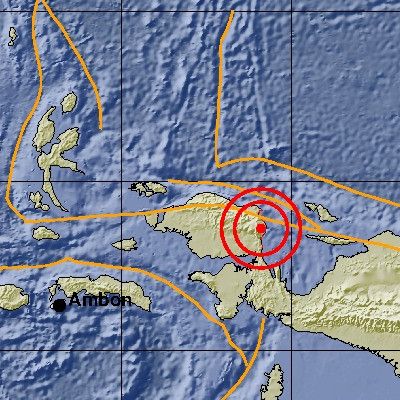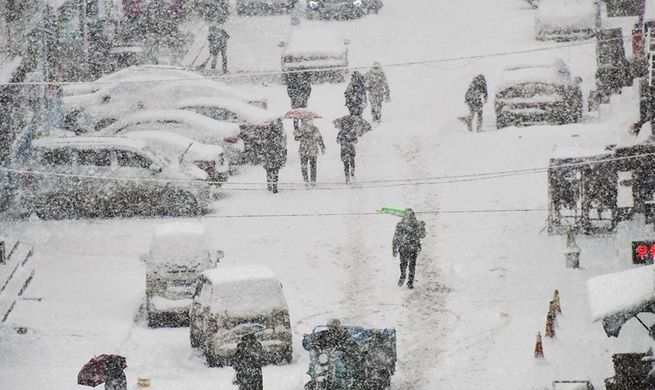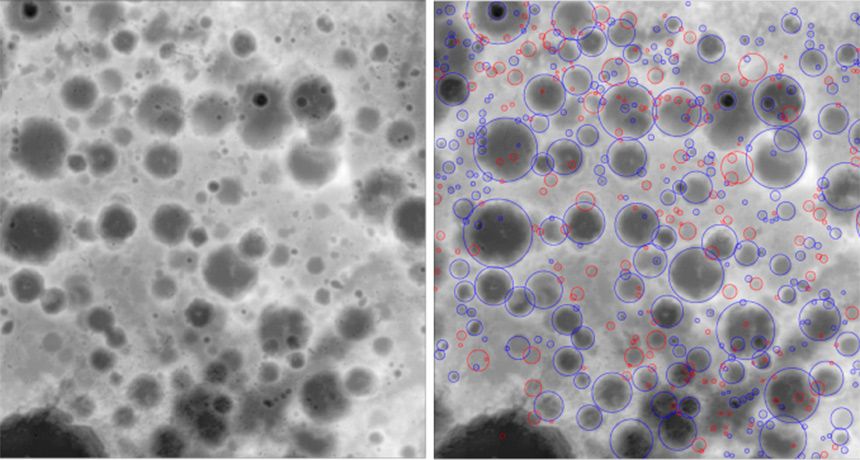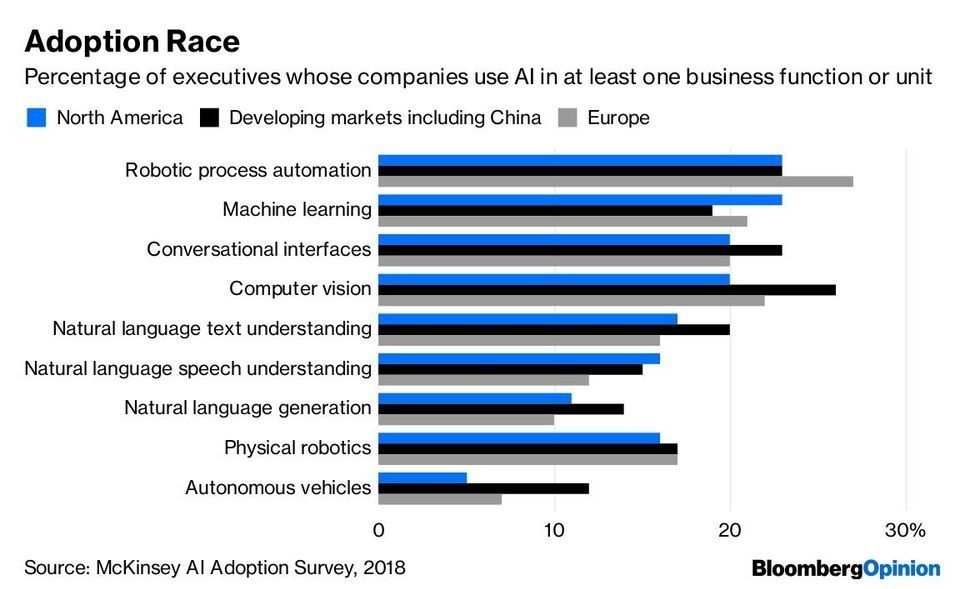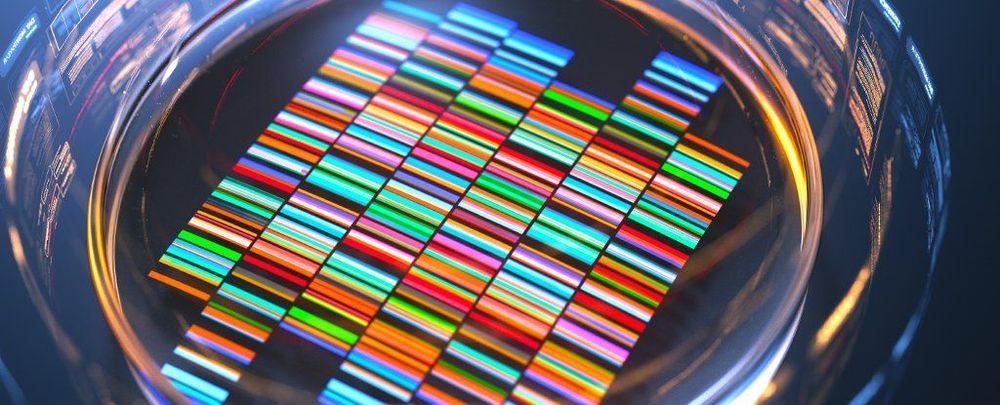Page 9189
Dec 28, 2018
6.1-magnitude earthquake hits West Papua
Posted by Genevieve Klien in category: futurism
A 6.1-magnitude earthquake jolted West Papua on Friday morning, the Meteorology, Climatology and Geophysics Agency (BMKG) reported.
The earthquake struck at around 10 a.m. local time, with its epicenter located some 55 kilometers southeast of South Manokwari and predicted to be 26 km deep.
“It did not trigger a tsunami,” a BMKG spokesperson said in a press release, adding that no casualties were reported as of yet.
Continue reading “6.1-magnitude earthquake hits West Papua” »
Dec 28, 2018
Chinese researchers identify new risk gene for Alzheimer’s disease
Posted by Genevieve Klien in categories: biotech/medical, life extension, neuroscience
BEIJING, Dec. 28 (Xinhua) — A Chinese research group has identified a gene variant that plays a key role in the development of Alzheimer’s disease in Han Chinese, the largest ethnic group in China.
The study was recently published by the National Science Review, an English journal affiliated with the Chinese Academy of Sciences (CAS).
Alzheimer’s disease (AD) is an irreversible, progressive brain disorder that slowly destroys memory, thinking skills and the ability to carry out simple tasks. The disease affects about 48 million people worldwide, and the number is expected to increase with the aging population. There is no effective cure.
Dec 28, 2018
The Milestones of Human Progress We Reached in 2018
Posted by Shailesh Prasad in categories: climatology, sustainability
But in the grander context of human history, 2018 was an extraordinarily positive year. In fact, every year has been getting progressively better.
Before we dive into some of the highlights of human progress from 2018, let’s make one thing clear. There is no doubt that there are many overwhelming global challenges facing our species. From climate change to growing wealth inequality, we are far from living in a utopia.
Yet it’s important to recognize that both our news outlets and audiences have been disproportionately fixated on negative news. This emphasis on bad news is detrimental to our sense of empowerment as a species.
Continue reading “The Milestones of Human Progress We Reached in 2018” »
Dec 28, 2018
AI is mastering a wider variety of jobs than ever before
Posted by Genevieve Klien in categories: biotech/medical, employment, mapping, robotics/AI, space
In 2018, AI bested humans at following fauna, diagnosing disease, mapping the moon and more.
Dec 28, 2018
AI Competition Is the New Space Race
Posted by Genevieve Klien in category: robotics/AI
The technology still has a long way to go despite progress in 2018. The EU, U.S. and China are all determined not to be left behind.
https://paper.li/e-1437691924#/
On the second balmy day of the year in New York, Neil Harbisson, a Catalan artist, musician, and self-professed “cyborg,” walked into a café in the Nolita district of Manhattan. The actor Gabriel Byrne was sitting at a table in the corner. Harbisson approached. “May I do a sound portrait of you? It will just take one minute. For nine years, I’ve been listening to colors,” he explained.
Byrne eyed his questioner from under raised eyebrows. On a slight frame, the 30-year-old Harbisson wore a white T-shirt, deep-pink jeans and black-and-white showman’s brogues. His face was angular, with an aquiline nose and a chin smudged with grown-out stubble. A small plastic oval floated in front of his forehead, attached to the end of a flexible stem that reached around from the back of his head and over a sandy pageboy mop, like the light on the head of an angler fish. This “eyeborg,” as Harbisson calls it, converts light into audible sound, with a pitch that varies according to the color of the light.
Dec 28, 2018
A New Study Just Solved One of The Greatest Mysteries of DNA Replication
Posted by Genevieve Klien in categories: biotech/medical, genetics
Replication is nature’s greatest magic trick. Watch closely, and before your very eyes you’ll see a single cell blur into two virtually identical copies. Presto.
After more than half a century of research on molecular genetics, it would be easy to assume we’ve had this biological sleight-of-hand all figured out — but it’s not the case.
Now, by applying cutting edge technology, researchers have uncovered crucial details showing how DNA times its own replication.
Continue reading “A New Study Just Solved One of The Greatest Mysteries of DNA Replication” »
Dec 28, 2018
Astronomers have begun mapping the structure of the far side of the Milky Way
Posted by Genevieve Klien in categories: mapping, space
This particular region is located over 66,000 light years from Earth and at on opposite side of the Milky Way, relative to our Solar System. The previous record for a parallax measurement was about 36,000 light-years, roughly 11,000 light years farther than the distance between our Solar System and the center of our galaxy. As Sanna explained, this accomplishment in radio astronomy will enable surveys that reach much farther than previous ones:
“Most of the stars and gas in our Galaxy are within this newly-measured distance from the Sun. With the VLBA, we now have the capability to measure enough distances to accurately trace the Galaxy’s spiral arms and learn their true shapes.”
Hundreds of star-forming regions exist within the Milky Way. But as Karl Menten – a member of the MPIfR and a co-author on the study – explained, this study was significant because of where this one is located. “So we have plenty of ‘mileposts’ to use for our mapping project,” he said. “But this one is special: Looking all the way through the Milky Way, past its center, way out into the other side.”
Continue reading “Astronomers have begun mapping the structure of the far side of the Milky Way” »

